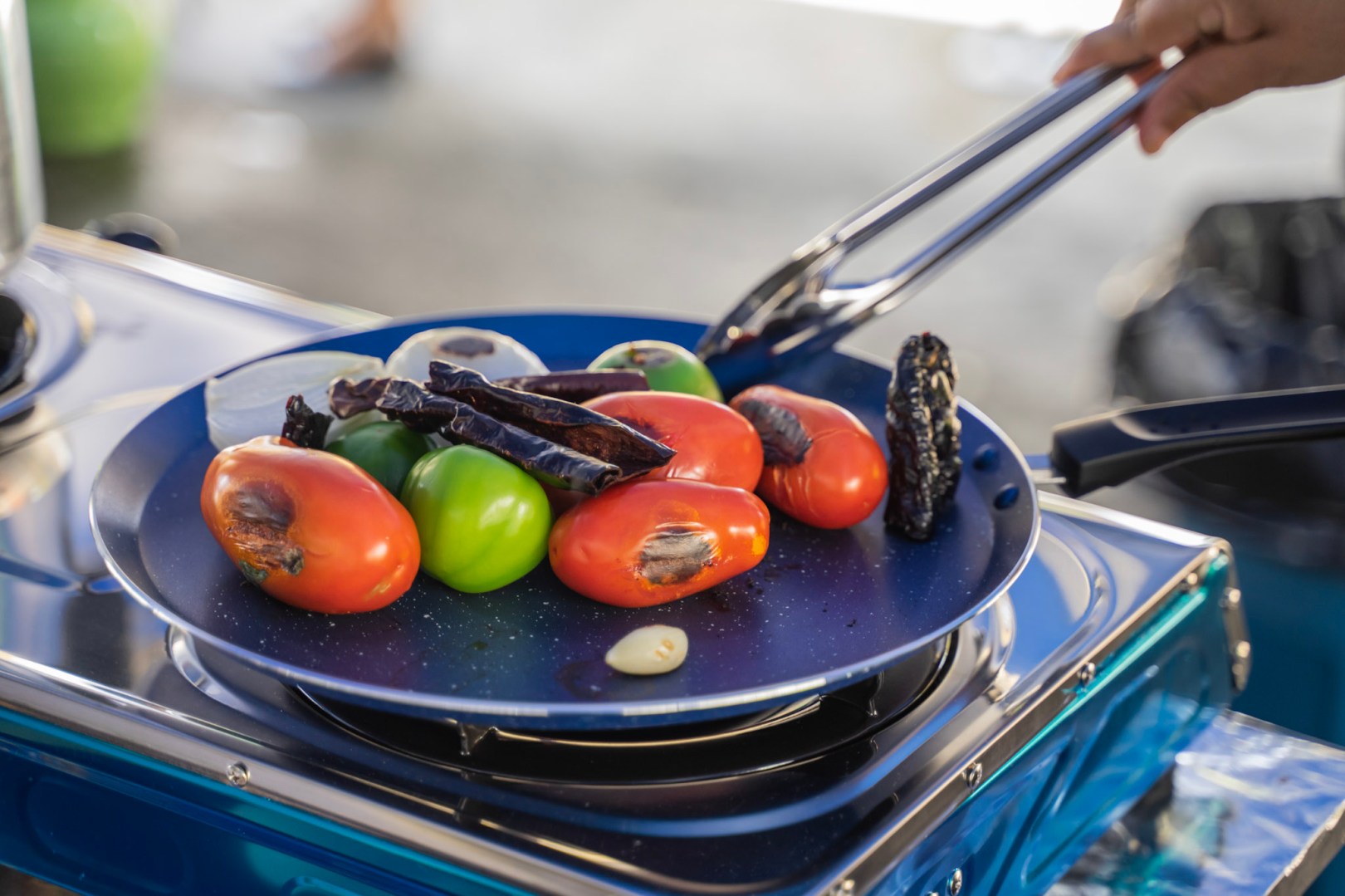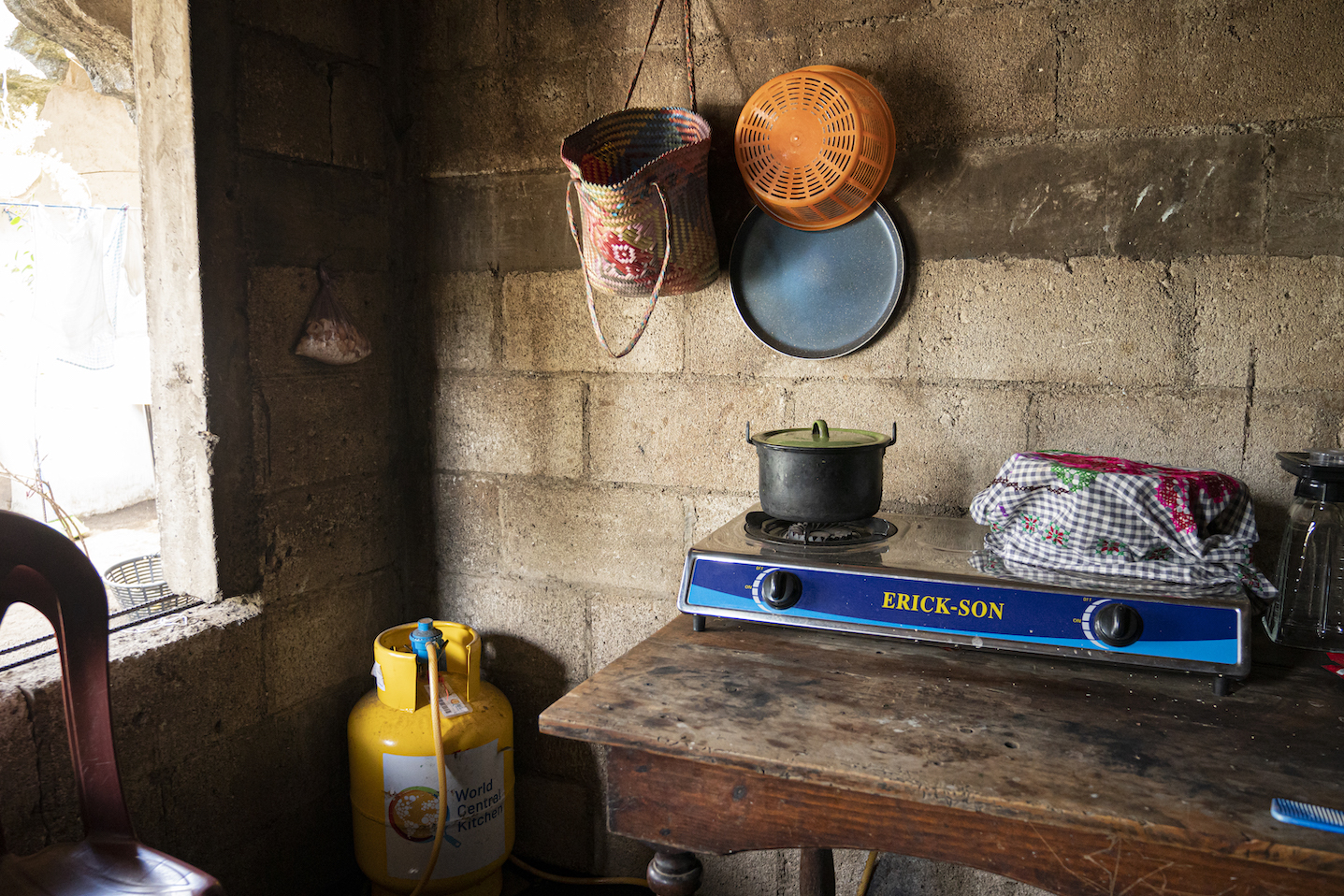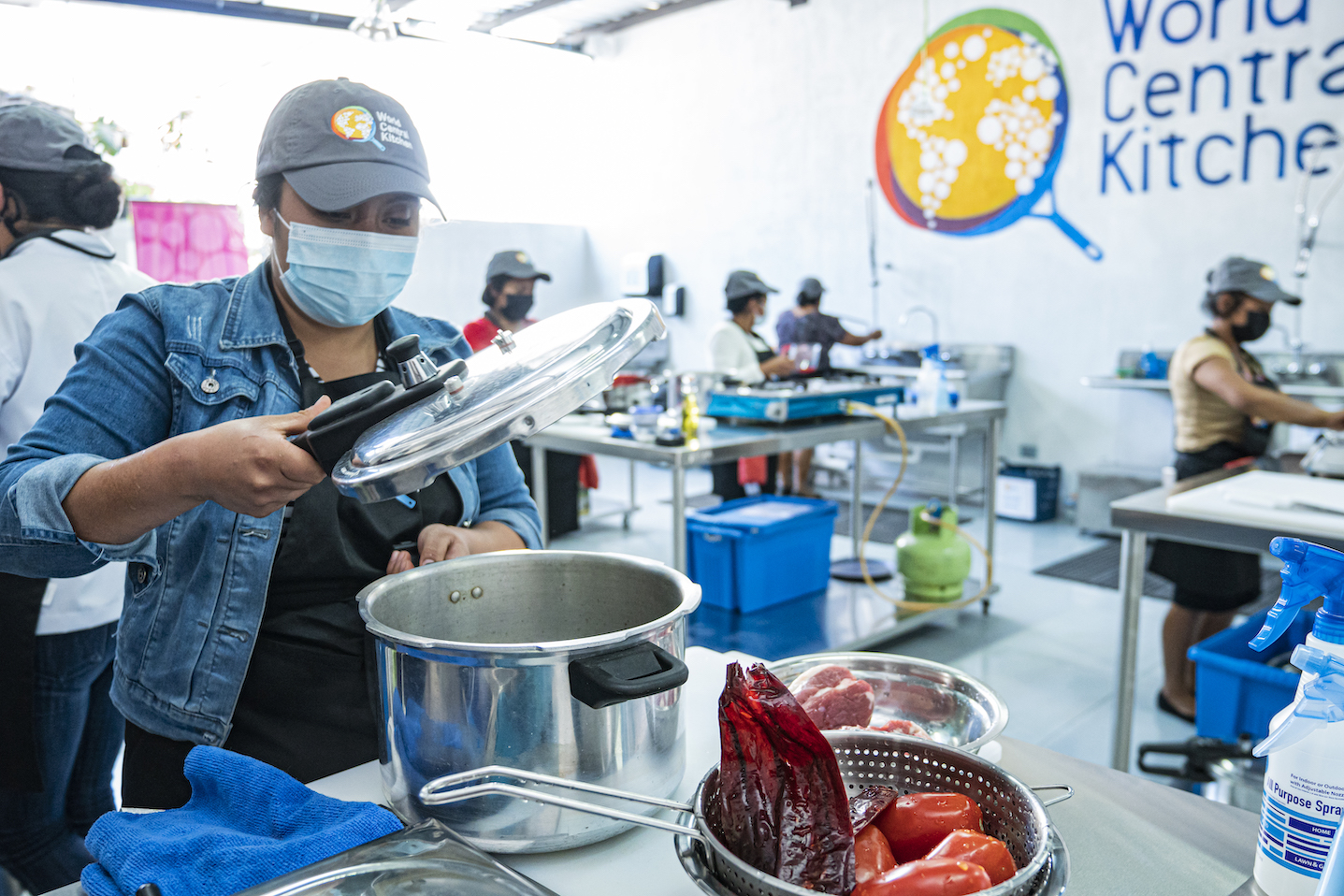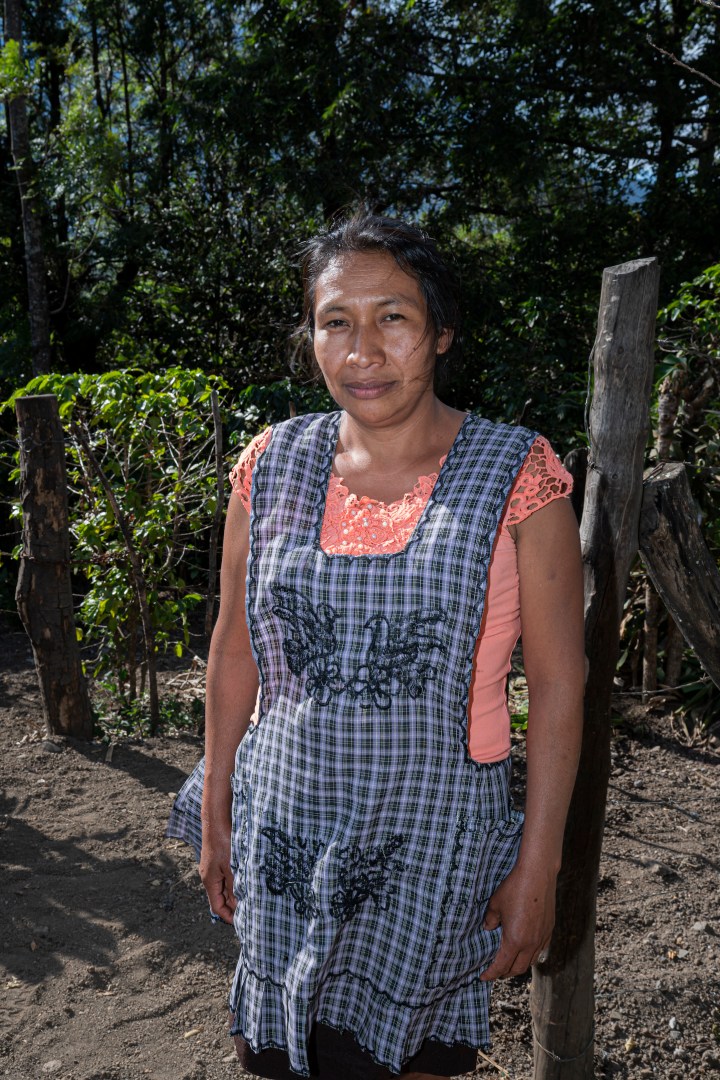
Clean Cooking
WCK’s Clean Cooking program improved the human and environmental health of communities in the Caribbean and Central America who still cook primarily with wood or charcoal—fuels that accelerate climate change and deforestation—by empowering them to transition to cleaner, safer, and more environmentally friendly fuels.
Imagine cooking indoors, on the ground, on a smoky, open fire.
Imagine doing this every day. This is the reality for families all around the world and it is so dangerous and unhealthy, that globally, more than 4 million people die from health issues caused by unclean cookstoves each year. Cooking with biomass fuels also accelerates forest degradation and emits climate-warming gases and other pollutants—like black carbon—that are significant contributors to climate change. As a whole, household biomass fuel consumption results in over half of man-made black carbon emissions, while burning of wood fuels is responsible for around 2% of climate warming CO2 emissions.

From 2010 to 2022, WCK built and renovated school and community kitchens, converting them from cooking with wood or charcoal to liquid propane gas (LPG). We also installed water lines and sinks so cooks can wash and clean more easily. WCK transformed more than 180 kitchens in the Caribbean and Central America, making schools a cleaner and safer place to work and learn, because as we all know—children who eat during the day do better in school.
Once schools were equipped to cook meals at an institutional level, we hosted Kitchen Skills and Safety trainings to ensure cooks have the knowledge and tools to prepare safe and nutritious meals at a large scale. Schools that can offer hot lunches, prepared in a safe and healthy way will have better students and happier families!

Converting households
60% of households in Guatemala cook exclusively with wood. For households, participation in WCK’s Clean Cooking program began with the installation of a monitor to measure how often the wood stove was used. Installing the monitor was the first step towards transitioning households to cooking with a LPG stove. The data collected provided a baseline for how often wood was used to cook and if the household was able to transition fully to modern energy cooking. Once initial data collection was completed, cooks would participate in capacity building activities that empowered the to safely use LPG stoves.
Meet Gloria
Gloria took part in several days of training, learning how to safely install and use a gas stove and cook with pressure cookers to increase the efficiency of her stove. She also learned how to prepare traditional Guatemalan recipes with a pressure cooker and culinary techniques and food handling skills to become a better, safer cook. After completing her training, Gloria received a gas stove, an installation kit, an LPG cylinder, a pressure cooker, and a comal–a pan traditionally used for making tortillas.
Meet Ana María
After receiving a WCK stove, pressure cooker, and training, Ana María fully transitioned to cooking with her LPG stove — she says the training was invaluable. Having never cooked with LPG, Ana María was unsure how much of an impact the transition would have on her daily life. Now, her eyes don’t become irritated every time she needs to cook a meal, and she is saving money as LPG is cheaper than wood. Additionally, not having to tend a wood stove has freed up several hours to pursue personal interests. One unexpected benefit is that she can now also indulge her sweet tooth. Cooking cakes over a wood fire was not possible, and cakes are usually expensive and reserved for very special occasions. Now, with her pressure cooker she prepares banana cake – her family’s favorite – on a weekly basis.
The Impact
school kitchens
built or renovated
students & school cooks
impacted
households
trained on safe use of LPG
households
in the Clean Cooking study
school cooks trained
students impacted
by improved practices





